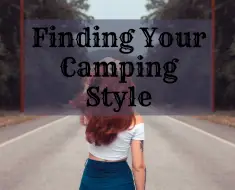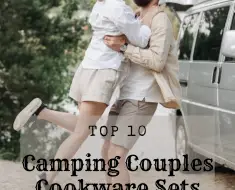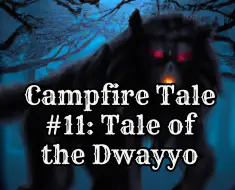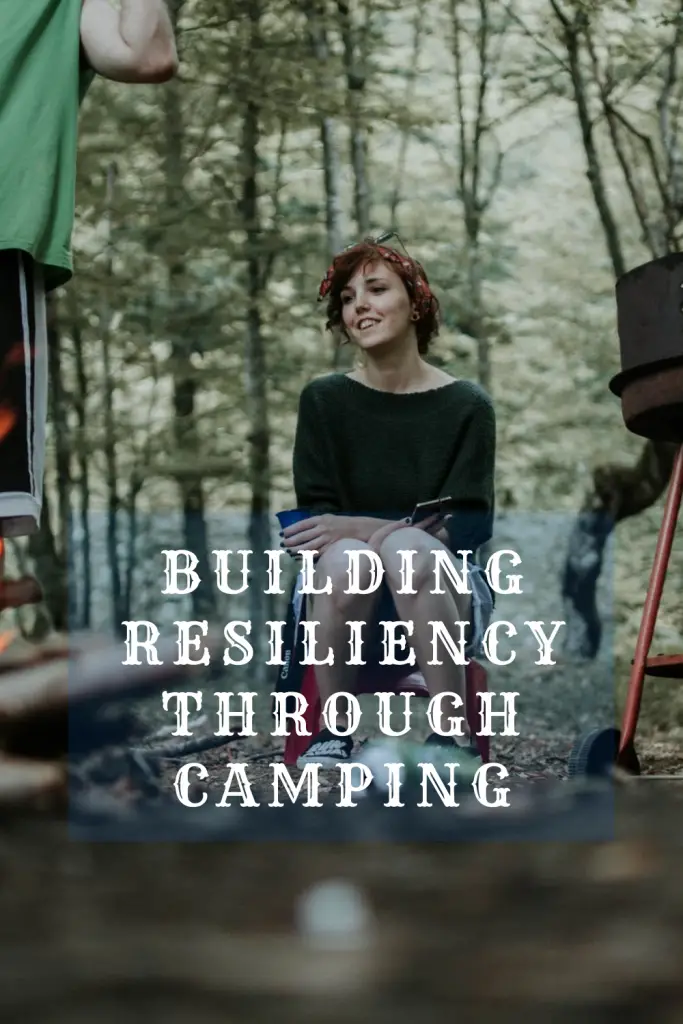
Camping has a long history as a way for people to survive, connect with nature, and recreate in the outdoors. With varying levels of difficulty, there really is a type of camping for everyone. But what makes camping such a popular activity? Some would argue its spending time with friends, or the opportunity to connect with nature. However, it may be that we are doing something more. We are gaining life skills like building resiliency through camping.
I spent a lot of time camping as a child and as an adult, especially through my time as a camp counselor. During those trips in the woods, I came to realize that part of what made the experience so special was the lessons we learned as we played among the trees. It wasn’t just lessons on nature or what kind of trees we were among. Instead, it was lessons about ourselves and what we were capable of. Camping is a great way for kids and adults alike to build physical, emotional, and mental resiliency. This is because as anyone who has camped before knows, things rarely go perfectly.
Be prepared for your first winter camping trip.
Physical Resiliency
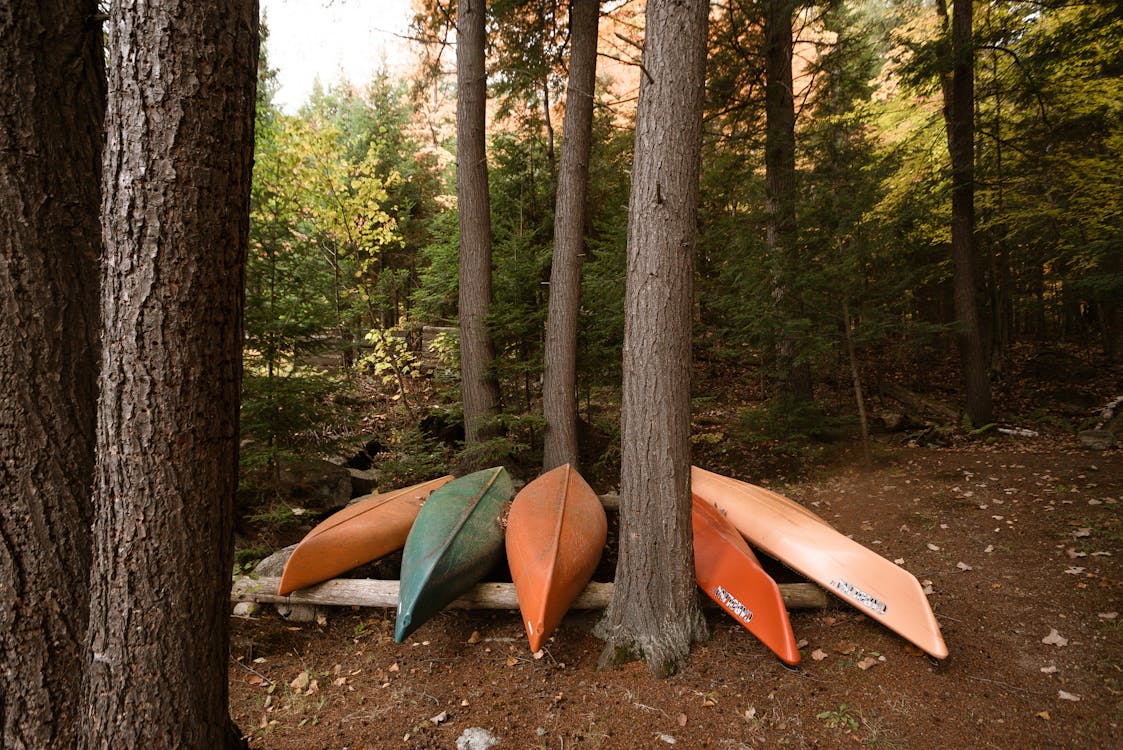
One summer I was counseling a group that spent the week camping in the Boundary Waters Canoe Area in northern Minnesota. We had been paddling all day and had finally come to our campsite for the night. The kids were exhausted, and so was I, but there were still things to be done. As we pulled up into our campsite the kids all hopped out of the canoes. They all sat on the rocks by the shore. It had been a long day and the sun had been beating on us for most of it.
No one wanted to do anything except relax and sleep. However, we still needed to set up tents and make our dinner. I knew the temperature was going to drop as the sun went down. So we needed to get as much done as we could before then. I started rattling off instructions to my campers about all of the pending tasks when I was interrupted by one of the girls.
“I’m too tired,” she moaned, “My body can’t do it.”
Overcoming the barrier
I understood where she was coming from. It had been a hard day but that didn’t change the fact that we needed shelter for the night and food to fuel our bodies. As I was about to make that point, another girl stood up. She walked over to the girl who had been complaining and said.
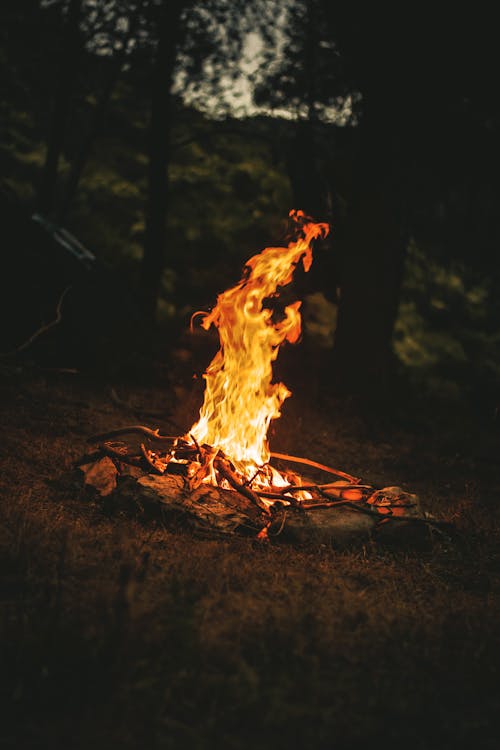
“Come on,” she said, “We can do this. We have to pitch the tents and help with dinner. Let’s do it together.”
I watched in quiet admiration as the kids all started to pitch in. Moving things from the canoes up to the campsite and making camp despite their tired and aching bodies. Before long, the campsite was set up and dinner was cooking over the fire. As the kids relaxed around the campfire, they marveled at how they had overcome their sore muscles and managed to build their campsite. As they chatted, I realized that all of us had just had a lesson in building physical resiliency through camping. They had reached their perceived physical limit and had overcome it.
My Lesson in Physical Resiliency
There is something powerful about reaching your perceived physical limitations and being able to push it a little further than you thought you could. Once you have that kind of experience, you build not only confidence but a new perspective on what your body is capable of. Camping can put you in situations where you are required to push yourself in ways that your normal day-to-day doesn’t. That is how resiliency is built: through experiencing something difficult and then overcoming it.
Emotional/Mental Resiliency
Emotional and mental resiliency are skills that we develop throughout our lives, whether we are aware of it or not. Resiliency develops as we encounter negative or challenging emotions. When we find a way to process through them and move forward in a productive way we are building resiliency through camping. It can be easy to build a life where we encounter as few negative emotions as possible. No one prefers to feel negative emotions and we often do our best to avoid them. But as we know, sometimes they are inevitable.
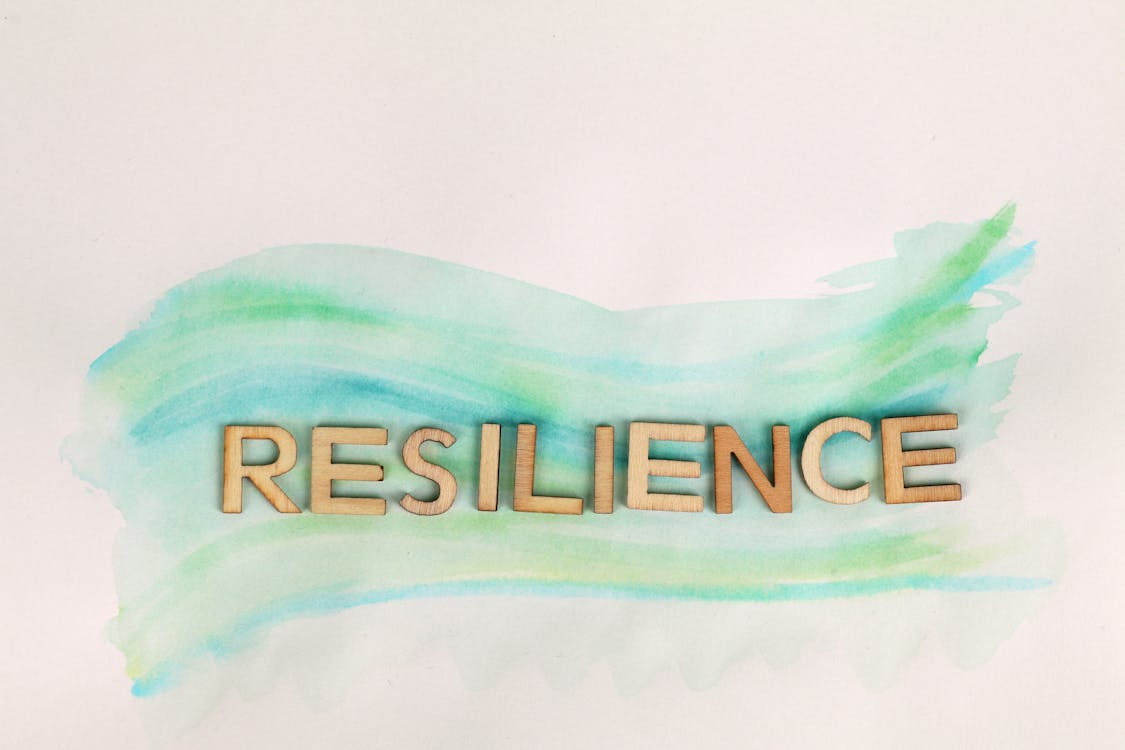
While camping is a fun and fulfilling activity, it is often a step outside of our comfort zones. It takes us away from comforts like our houses, indoor plumbing, technology, and sometimes even electricity. When I was a child, I remember camping with my family. We had a pretty nice setup, including a tent with three rooms and air mattresses for comfort. Not to mention, we camped in a pretty nice, well-maintained campground. We would bring a cooler full of food and plenty of activities to keep my sister and me occupied while my dad fished. Compared to ultra-lite campers, or extreme backpackers, we were camping in luxury.
Tips for camping safely with children
Facing the Emotional/Mental Barrier
However, as children, my sister and I had quite a bit of fear, especially when it came to night-time in the woods. I remember as it would get dark, we would be afraid to go out of the tent, even to use the bathroom. We were convinced that every sound heard outside the tent was an animal or a monster coming to get us. Every tree branch waving in the breeze that cast shadows on the tent was some sort of monster from the woods looming over our tent, waiting for us to emerge. We let the fear consume us because we didn’t know how to cope with it. Our parents did their best to reassure us that there was nothing out there that could hurt us. However, we were convinced if we went out into the night, we would die at the paw of a wolf or something worse. We had found our barrier to building emotional and mental resiliency through camping at night.
Overcoming the barrier

One night in the tent, as my sister and I were hiding in our sleeping bags trying to make a plan to go to the bathroom, which was all the way across the campsite, my mom came into our tent room to help us out. She told us that we didn’t need her to come with us and that we could do it. She gave us a flashlight and told us that the woods were only as scary as we let it be. We had the power to choose to not be afraid. She explained that we were letting our imagination get the best of us and that we were stronger than the fear we were feeling.
Eventually, my sister and I emerged from the tent and headed towards the outhouse. Each time we thought we heard something in the trees, we would talk about what it probably was. We said things like, “It’s just a squirrel.” Or “It’s just the wind.” At first, ran to and from the outhouse. Eventually, the fear faded. We would walk back and forth without fearing we would be eaten by the monsters we had made up in our minds.
My Lesson in Emotional/Mental Resiliency
Looking back, that lesson applied to so much more than going outside at night. Through that experience, my sister and I both learned that we were in control of our own emotions. We had the power to say, “it’s just the wind” and not let ourselves be overrun by fear. As I grew up, I kept that lesson with me and in scary times, I would remind myself that I was stronger than the emotions I was feeling. Those emotions would pass and I would be okay. I have learned so much about emotional and mental resiliency through camping because it consistently pushes my comfort zone. And outside of your comfort zone is where the most growth occurs!
To Wrap it Up
Growth has the best chance to occur outside of your comfort zone, so I encourage you to try something new! Camping is a great way to step out of your comfort zone and experience what you are truly capable of. I have found that when you surround yourself with nature and get away from your normal life, you have the chance to develop resiliency. You will grow in ways you would’ve never imagined. This is important for kids, but also for adults. Everyone has room for growth in the resiliency department and why not learn from a fun experience like camping! Grab your friends and your tent and get out there to see what you could learn about yourself in the woods.
We would love to hear about how you have been building resiliency through camping! Feel free to leave us a comment or send us a message on our Facebook, Twitter, or on Reddit and tell us about a time when you gained resiliency from camping!

